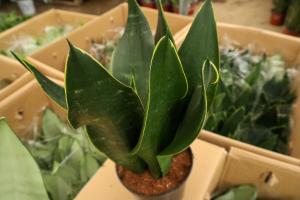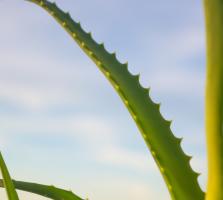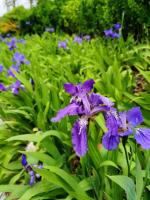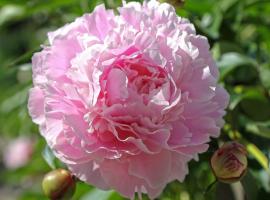Will Softened Water Kill Plants?
Water is essential for the growth and survival of plants, but not all water is created equal. One type of water that has been getting a lot of attention in recent years is softened water. While it may be suitable for human consumption and household use, there are concerns about whether or not softened water can harm plants. Let's delve into this topic and find out.
What Is Softened Water?
Softened water is water that has gone through a process called ion exchange. This process involves removing the minerals that make the water hard, such as calcium and magnesium, and replacing them with sodium ions. Softened water feels slippery to the touch and leaves less residue compared to hard water. This makes it ideal for household use, especially in regions with hard water, as it prevents scale buildup on plumbing fixtures.
How Softened Water Can Affect Plants?
While softened water may be beneficial for household use, it is not recommended for use on plants. The primary concern is the high concentration of salts, particularly sodium, in the water. Sodium is not a nutrient that plants require and can be detrimental to their growth. High levels of sodium in the soil can lead to soil degradation, hindering a plant's ability to take up nutrients and water. In addition, the accumulation of salt can cause leaf burn and even death of the plant.
What Plants Are More Susceptible to Softened Water?
Some plants are more sensitive to the effects of sodium than others. Plants that are adapted to grow in arid or semi-arid environments, such as cacti and succulents, have evolved to tolerate high levels of sodium in their environment. However, most garden and house plants prefer soil that is low in salts. Plants that are especially sensitive to salt include hydrangeas, rhododendrons, and azaleas.
Can Softened Water Be Used on Plants?
While it is not recommended to use softened water on plants, there are some ways to mitigate the effects of sodium. One option is to dilute the softened water with fresh water. Experts recommend using a 1:1 ratio of softened water to fresh water to reduce the concentration of salts. Another option is to collect rainwater for plant use. Rainwater is naturally low in salts and is a better alternative for watering plants.
Conclusion
Softened water may be good for household use, but it should not be used on plants. Its high concentration of salts, particularly sodium, can be detrimental to a plant's growth and survival. While some plants are more tolerant of sodium than others, it is better to err on the side of caution and avoid using softened water altogether. If softened water must be used, it should be diluted or supplemented with rainwater to reduce the concentration of salts. Remember, plants are living things that require proper care and attention to thrive.

 how many times do yo...
how many times do yo... how many planted tre...
how many planted tre... how many pine trees ...
how many pine trees ... how many pecan trees...
how many pecan trees... how many plants comp...
how many plants comp... how many plants can ...
how many plants can ... how many plants and ...
how many plants and ... how many pepper plan...
how many pepper plan...































